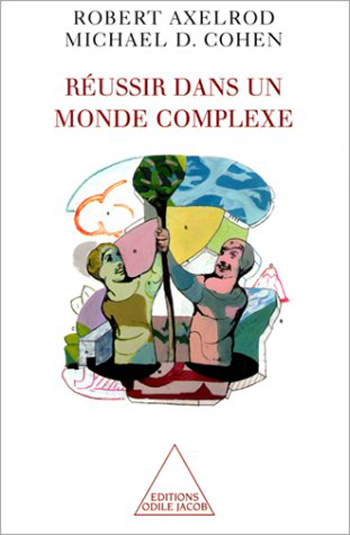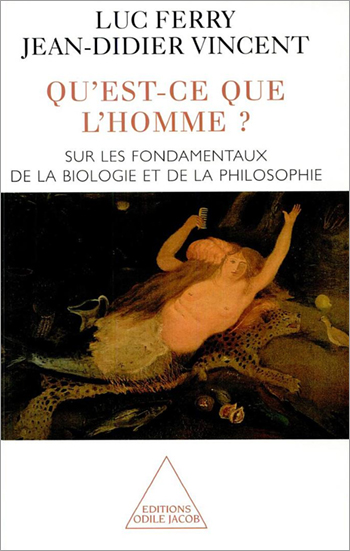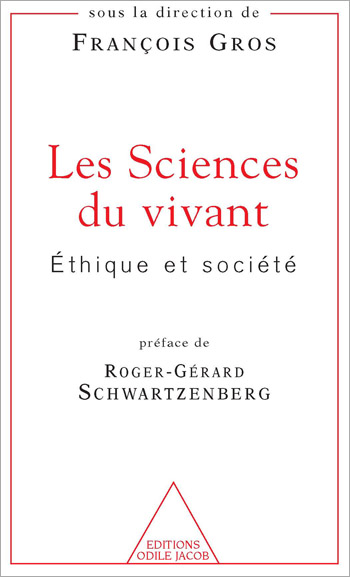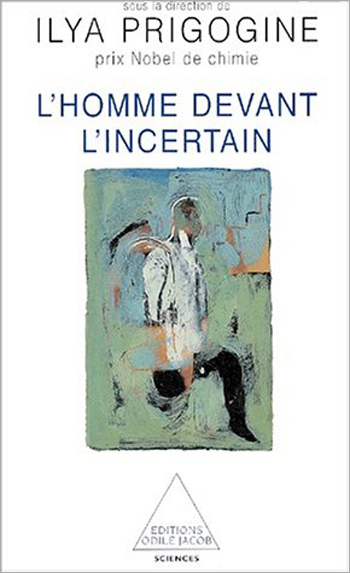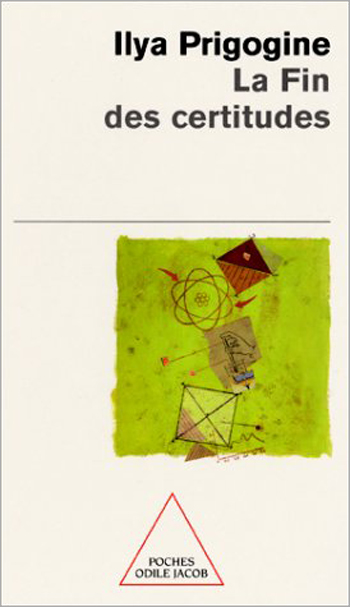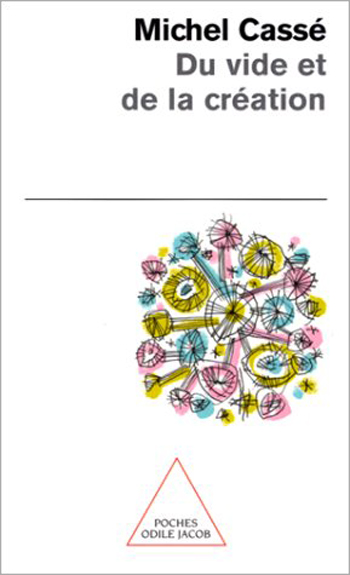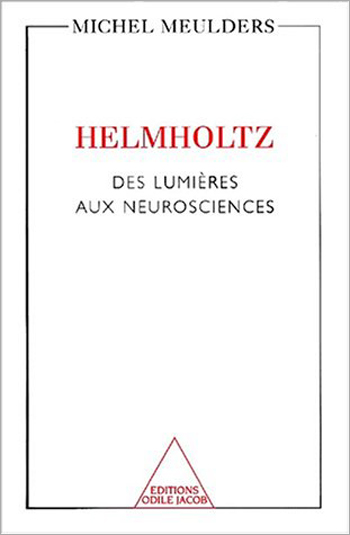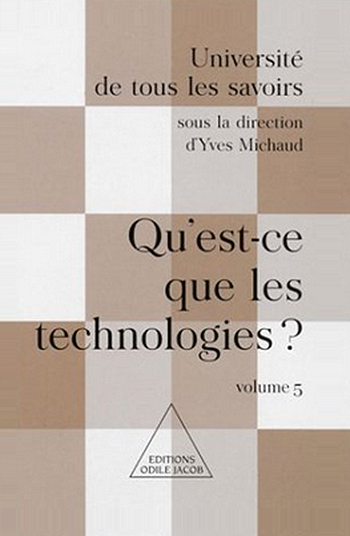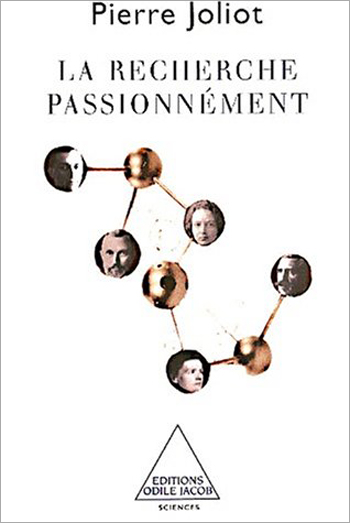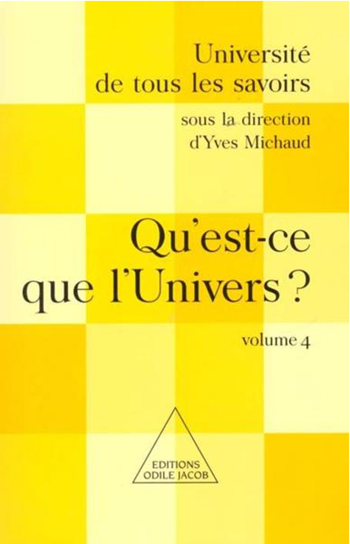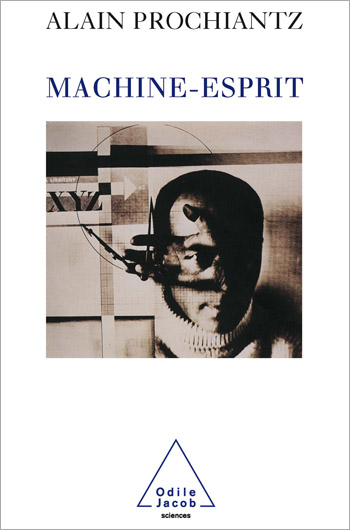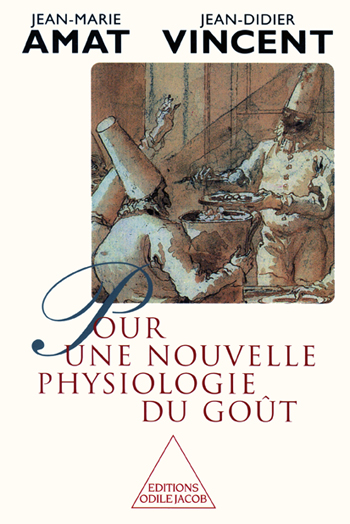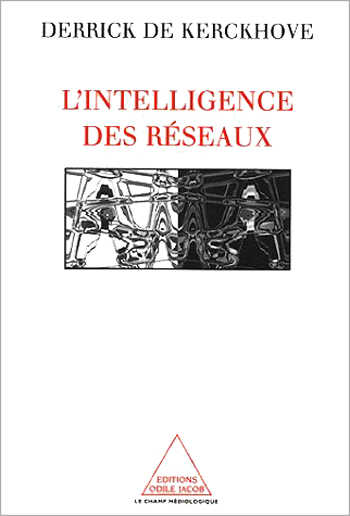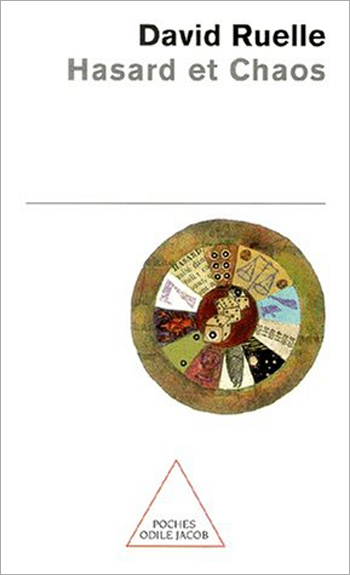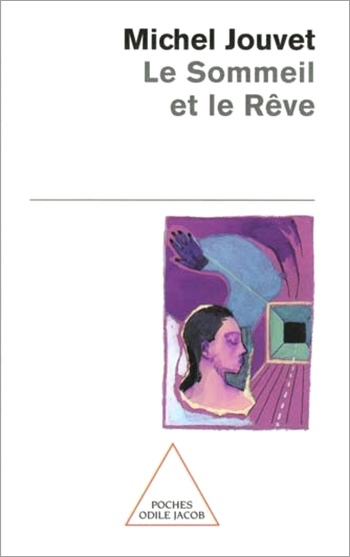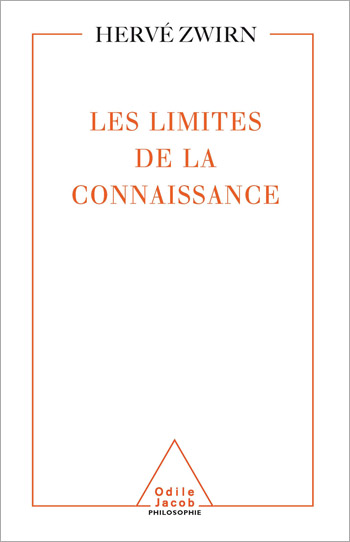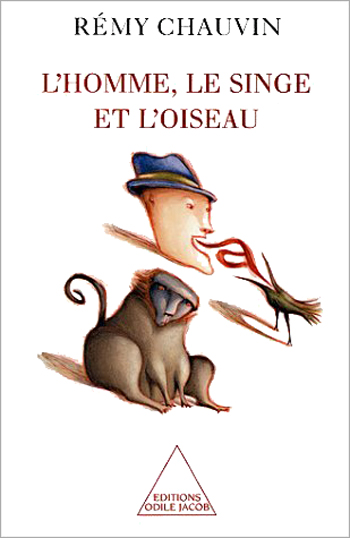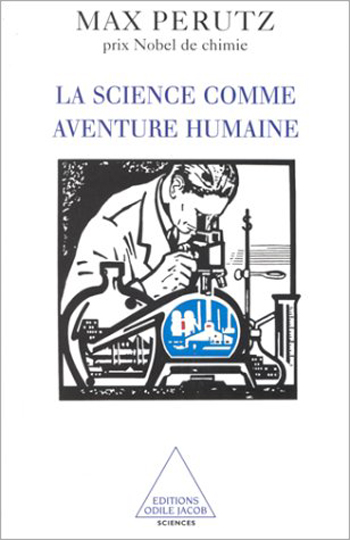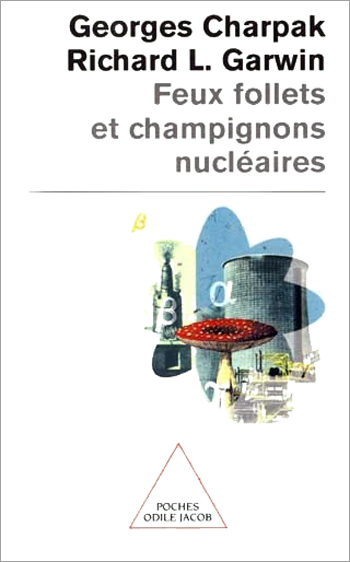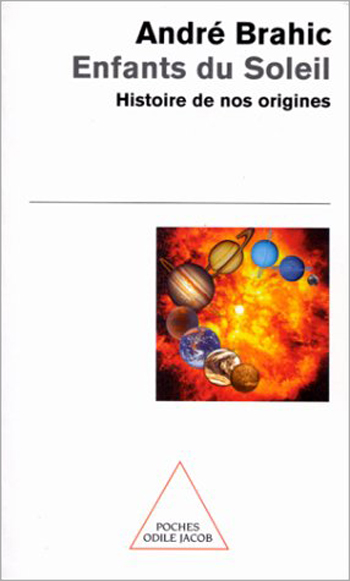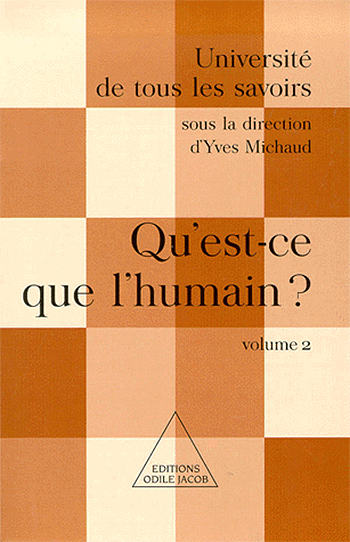Science All books
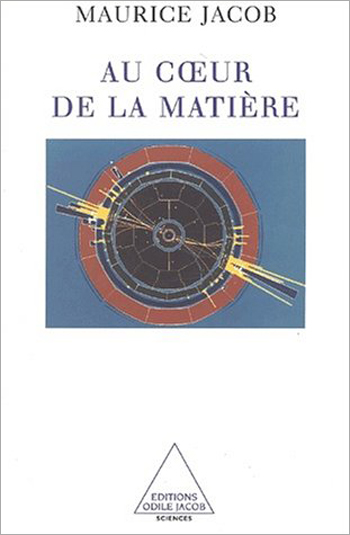
Maurice Jacob
At the Heart of the Matter
The study of elementary particle physics and high energies, undertaken in huge laboratories such as the accelerators of Stanford, Chicago, Brookhaven, CERN at Geneva, and Dubna et Serpukhov near Moscow, is one of the most astonishing scientific feats of the last half century. The field not only allows us to understand the composition of matter and the origin and evolution of the universe, but also helps prevent these scientific instruments being used as weapons of war. The Pugwash conferences, held between scientists of the East and West, won a Nobel Prize for this very reason. Maurice Jacob, the honorary director of the division of theoretical physics at CERN, recounts in this book how these objectives have been achieved. Maurice Jacob is a theoretical physician of elementary particles.
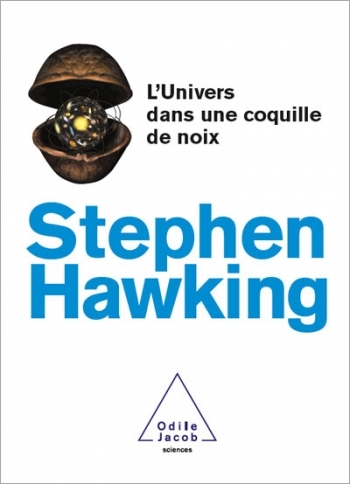
Stephen Hawking
The Universe in a Nutshell
This work is illustrated and allows non-mathematicians to better understand the strange world of physicists...
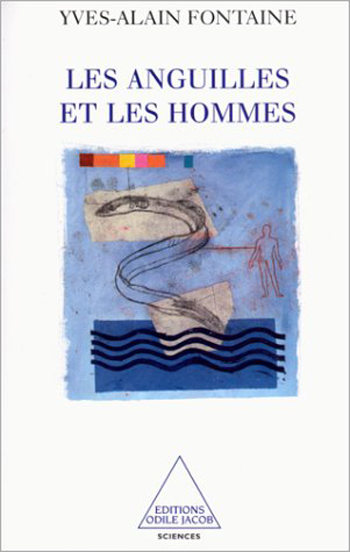
Yves-Alain Fontaine
Eels and Man
In this book, the author, an expert in his field, describes the most fascinating stages in the eels biological cycle, its migrations and the modifications it undergoes during its life. Eels interest us not only because of their life and breeding cycles, but also because of the questions they raise concerning our ideas about evolution. Does the notion of adaptation suffice to explain everything the eel has become? Doesnt a living creature maintain a certain amount of independence in relation to the world that surrounds it? Or is the relationship between a living creature and the environment which surrounds it more complex that we have generally realised ?
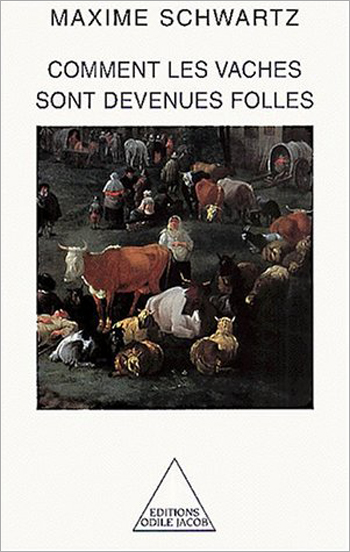
Maxime Schwartz
How the Cows Became Mad
Fear of the condition popularly known as mad cow disease has created a state of collective hysteria: some consumers are so afraid of contracting the disease that they have stopped eating beef; others havent stopped eating beef simply because they believe it is too late to do anything to prevent catching the illness. This book examines the outbreak of this disease and concludes with the reply to the question that is on everyones lips: Should we be afraid? Maxime Schwartz teaches at the Institut Pasteur, in Paris.
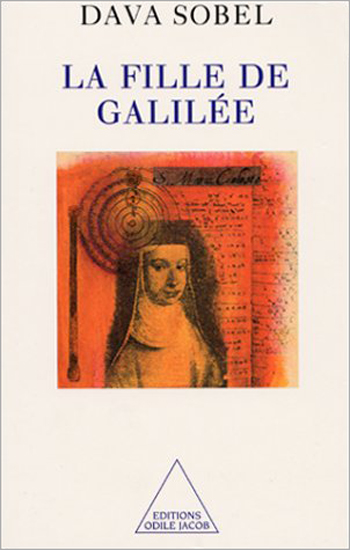
Dava Sobel
Galileos Daughter
This is a most unusual biography about Galileos daughter. Galileo Galilei (1564-1642) was regarded by Albert Einstein not only as the father of modern physics but as the father of all modern science. His eldest child, Virginia, mirrored Galileos own brilliance, industry and sensibility, and by virtue of these qualities became his confidante. Their correspondence, reproduced throughout the book, reveals their intense relationship, based on tender attachment and intellectual stimulation. The little-known life of Maria Celeste gives a human dimension to one of the major seventeenth-century scientists. His struggle with the Church is a lasting symbol of the conflict between science and religion. Galileos Daughter offers a powerful account of papal Rome and of Florentine intellectual life during the time of the Medicis. Dava Sobel is a writer who lives in New York
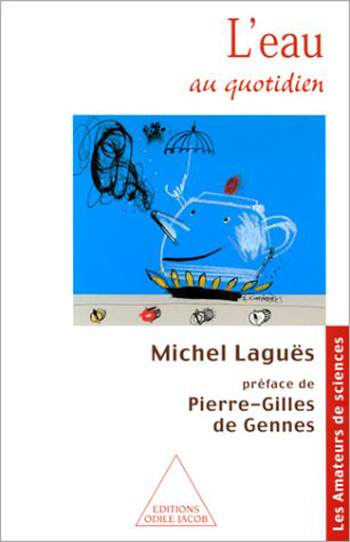
Michel Laguës
Water in Daily Life
With the aid of this book, readers will be able to understand some of the most complex and profound ideas of contemporary physics simply by observing water in their daily lives. Michel Laguës is a research director at the Centre National de la Recherche Scientifique.
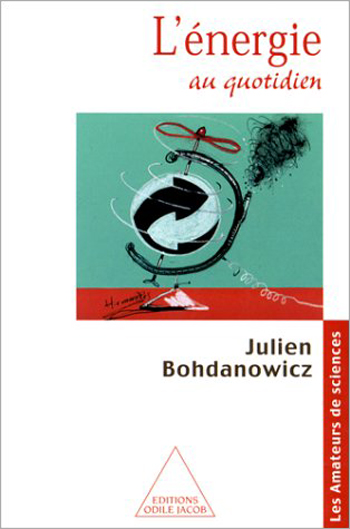
Julien Bohdanowicz
Energy in Daily Life
In this book about science in daily life, Julien Bohdanowicz explains that physics can help us understand how waste products have poisoned our environment, but also that it can show us how to treat waste. He makes readers discover the laws of the conservation of energy, which can be summarised in the well-known adage: Nothing is lost, nothing is created, everything is transformed. Julien Bohdanowicz is an engineering student at the École Nationale Supérieure des Techniques Avancées.
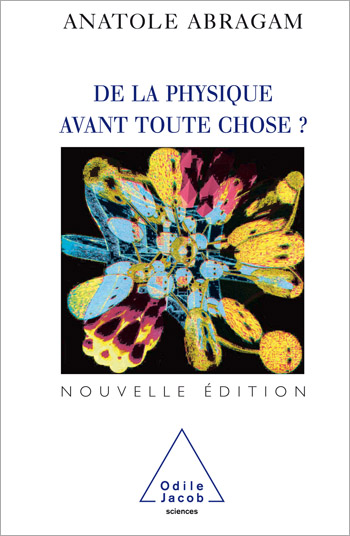
Anatole Abragam
Physics Before Everything New Edition
A. Abragam's autobiography is a fascinating introduction to the world of physics. We follow the uprooted Russian pupil through trial and discovery, witnessing his transformation into accomplished physician. An inspiring work for the moments of pure discovery, when proven evidence seems to magically match theoretical predictions.
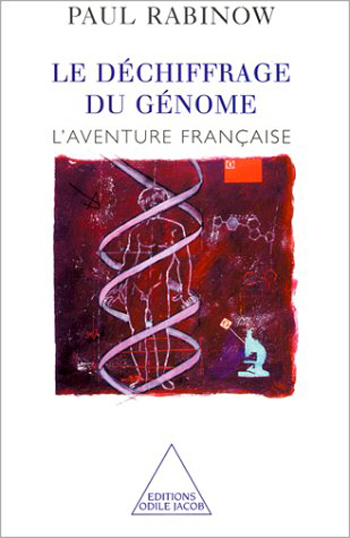
Paul Rabinow
French DNA: Trouble in Purgatory
This book offers some surprising viewpoints: an anthropologist tells the story of the human genome sequencing project; a scholar of the humanities follows the crisis between a French laboratory, the Centre dÉtude du Polymorphisme Humain (CEPH), and a U.S. rival; an American intellectual describes the politics within the French scientific community. This exceptional survey of the most recent research trends and of the state of international competition in the field of genetic research gives us a notion of how our future health care is being prepared. Paul Rabinow teaches anthropology at the University of California at Berkeley.
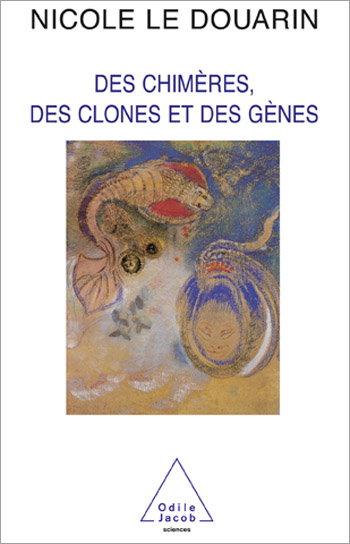
Nicole Le Douarin
Dreams, Clones and Genes
This book affirms that we are at the dawn of a new type of medicine which will no longer be concerned only with palliative measures and repairs, but will also be capable of regenerating diseased tissues via the introduction of embryonic cells. This major upheaval will oblige us to reconsider the meaning of the individual and of life itself. Nicole Ledouarin teaches at the Collège de France.
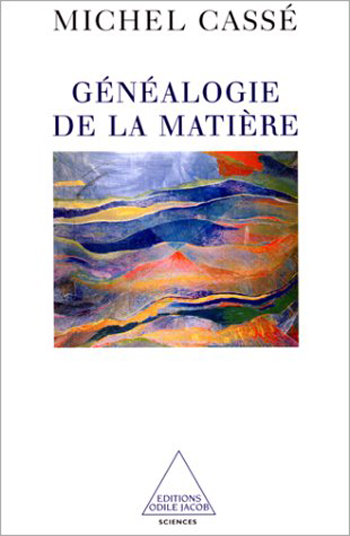
Michel Cassé
The Genealogy of Matter
Atoms originate in the stars. There is no real separation between the Earth and the sky, and matter forms one great whole, based on a series of nuclear reactions. Written in a lyrical, poetic style, this is a concise, clearly illustrated account of the birth of matter, aimed at the general reader. Michel Cassé is an astrophysicist and researcher at the CEA and the Institut Astrophysique, in Paris. He is the author of Du Vide et de la Création and La Petite Etoile.

